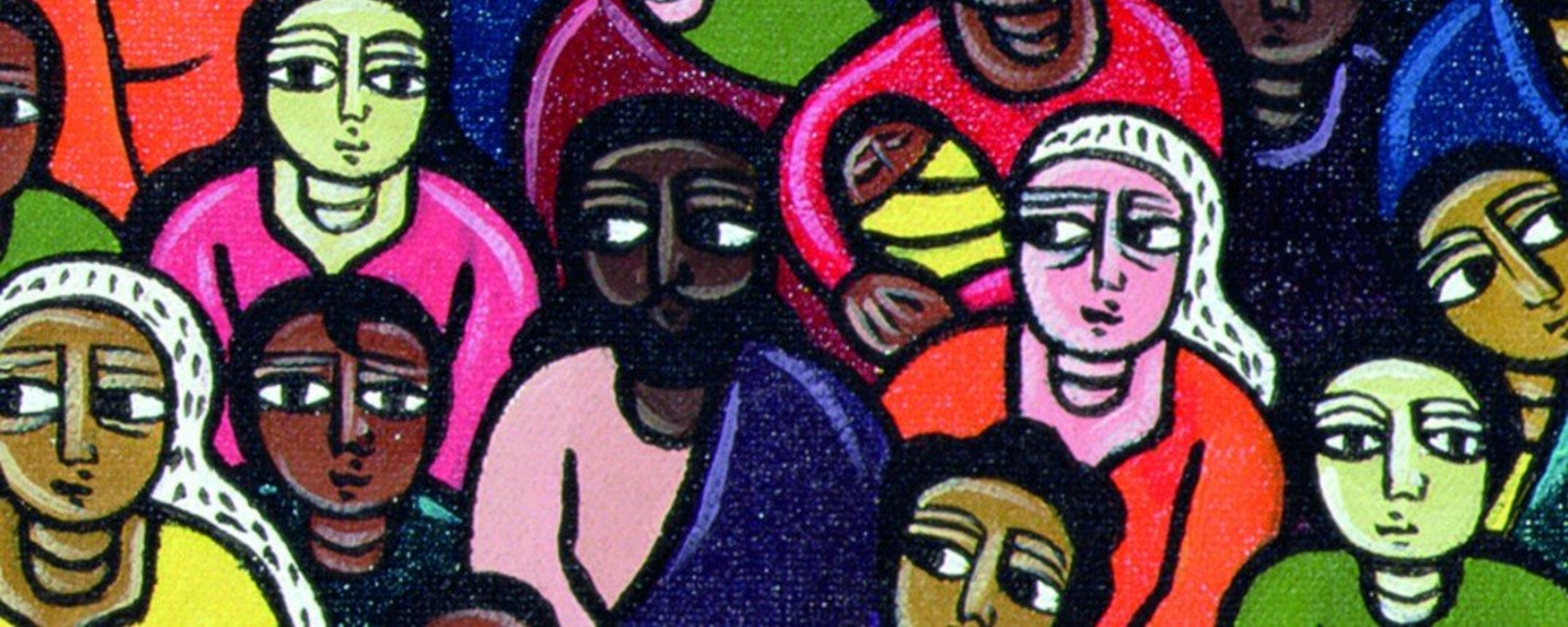Victoria Chen, Programme director
- victoria.chen@vuw.ac.nz
- +64 4 463 5616
- VZ 302, Von Zedlitz Building, 26/28 Kelburn Parade, Wellington, 6012

Hear about students' experience of the MLing programme, see who the lecturers are, and find out who to contact for more details.

Master of Arts in Linguistics graduate
Isaac was always fascinated by the different ways people speak and all the different things they choose to talk about, both in English and in other languages.
“Language is at the center of every human endeavour. That's why it was always at the back of my mind that I wanted to study Linguistics.”
From the very first Linguistics course he took, Isaac was encouraged to think creatively about the material he was taught.
“The knowledge and skills that I acquired were presented to me as a way to ask and attempt to answer my own questions about the nature of language.
“As I got further through my BA and MA, I realised that my wide interests in history, literature, and the arts and sciences could both inform and be informed by my Linguistics study. I also learned a surprising variety of practical skills.”
Isaac was taught by scholars renowned in different areas of Linguistics. The breakthrough for him was a summer research placement that allowed him to work with Dr. Victoria Chen to research the history of the Austronesian language family, to which Māori belongs.
“I gained confidence in working independently on a difficult linguistic problem. And I was also able to further explore my interests in anthropology, genetics, and the history of the Pacific.”
Isaac’s experience at the University set him up for opportunities he never could have imagined. He’s now doing his PhD in Germany at the Max Planck Institute for Evolutionary Anthropology.
“I’m working at the cutting edge of research in formal, historical, and computational linguistics. I’m part of an interdisciplinary team that includes linguists, biologists, anthropologists, psychologists, and computer scientists.
“Without the training, knowledge, and connections I received at the University, I wouldn’t have found my vocation.”

Master of Arts in Linguistics graduate
Shannon Couper studied linguistics because she believes that identifying how macro-level discourses are enacted in daily life is incredibly empowering. Language is how we frame debates, educate, persuade, and make changes in the world.
The Linguistics programme at Te Herenga Waka—Victoria University of Wellington is internationally renowned.
Shannon says, “The staff here have been absolutely crucial in fostering my curiosity and empowering me to think big. Alongside the tight-knit community, Linguistics at this university has a longstanding tradition of producing cutting edge, progressive research.”
Being a student at the University allowed Shannon to explore all her options and have “amazing opportunities”.
“I’ve been able to go on overseas exchanges, take up internships at international NGOs, present my research at international conferences, and learn from the best of the best.”
“Studying here has allowed me to reach further than I ever thought I'd want to.”
PhD candidate in Linguistics
Reuben says he loves studying linguistics because it is so relevant to every part of his life.
“In my time here, I have learnt how language changes over time, how people use humour to challenge power imbalances, and how small talk is an important part of workplace interaction. Whatever facet of life I am interested in, I have found that language plays a crucial part in it.
“Doing a PhD has been an incredible opportunity. I was supported to choose a research topic that really excites me and fully allows me to pursue my academic interests with supervisors that really guide my learning.”
The staff in the School of Linguistics and Applied Language Studies fostered Reuben’s passion for linguistics and academia in general.
“I have presented at international conferences, completed research internships, and been encouraged to pursue my passions as an academic.
“I have felt welcomed to the Linguistics programme as a fellow staff member where my ideas and contributions are valued amongst my colleagues. My experience in the field is recognised and has led to a position tutoring a course each trimester.”
Professor of Linguistics
Language matters—whether it is understanding the importance of multiple languages and worldviews or challenging the status quo by identifying bias, language is how we make sense of the world around us.
Our Linguistics courses cover the way we produce and interpret sounds, the construction of sentences, the way we use languages to create our social identities, the changes in language over time, the special things about how we use English and Māori in New Zealand, and much, much more.
The programme prepares graduates with critical ways of thinking about how we use language and practical analysis skills that are transferable across many professions. Linguists are behind Google searches, government policy, HR recruitment, speech therapy, as well as saving threatened languages and their communities.
Our students become part of the wider Linguistics community very quickly, including participating in our weekly research seminars on Friday afternoons. We offer opportunities for students to work with us as research assistants and summer scholars. At Master’s level there is also the option of a research internship as part of the qualification.
In my own area, discourse analysis, there is a fortnightly group who workshop data together. Regular members include retired world-class professors, active researchers from across Wellington and further afield, as well as current postgraduate and undergraduate students all working shoulder to shoulder on brand new ideas and brand new thinking.
As an international student, you should contact Wellington University International with any questions about studying at this university. Wellington University International will also process your application. If you have a query about programme or course content, you can contact one of the academic or school staff below
Previous
RequirementsNext
How to applyWe think you might be an international student. If so, please select your nationality below to view information applicable to you. Otherwise you'll be looking at information for domestic students.
